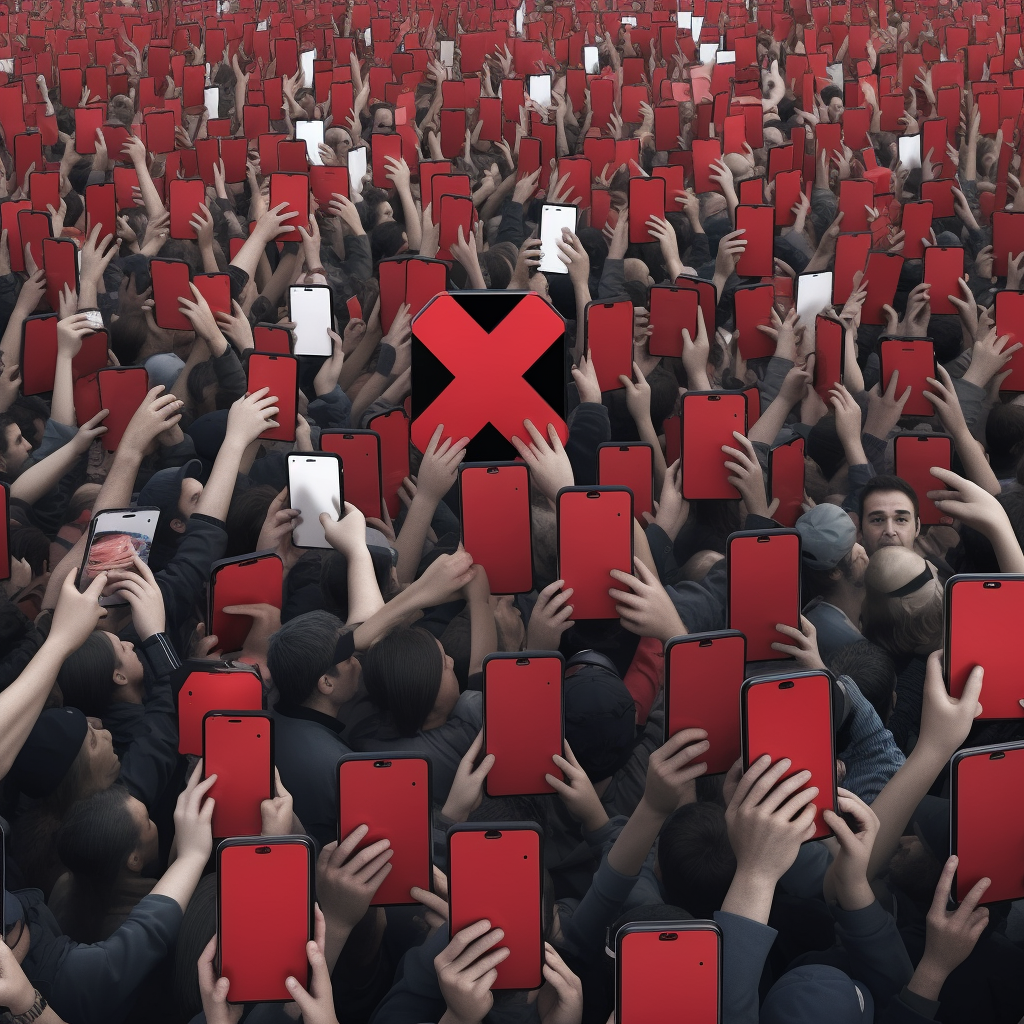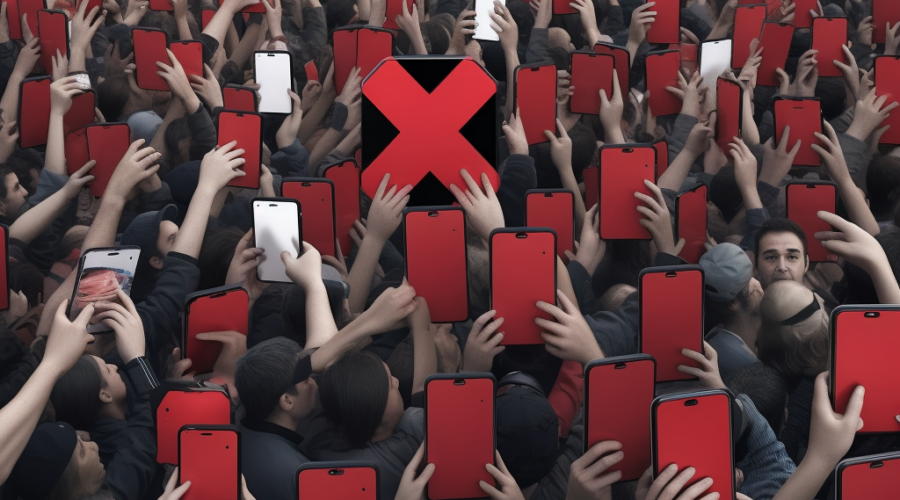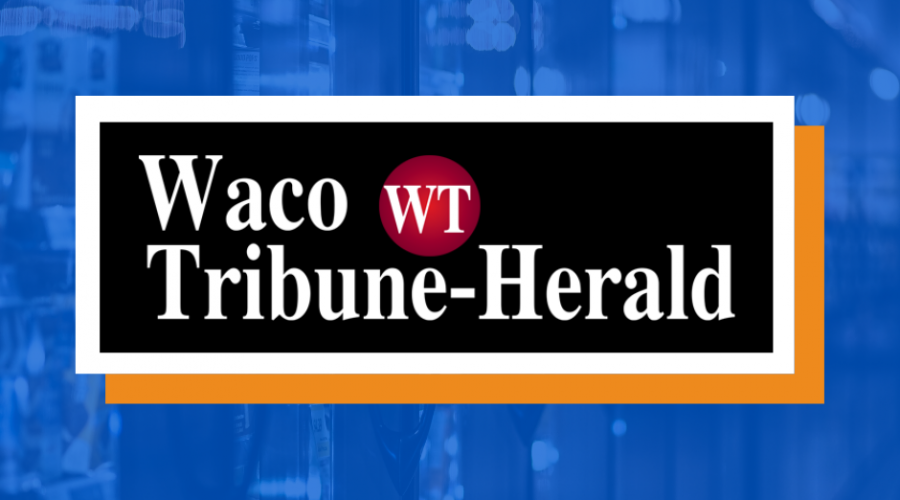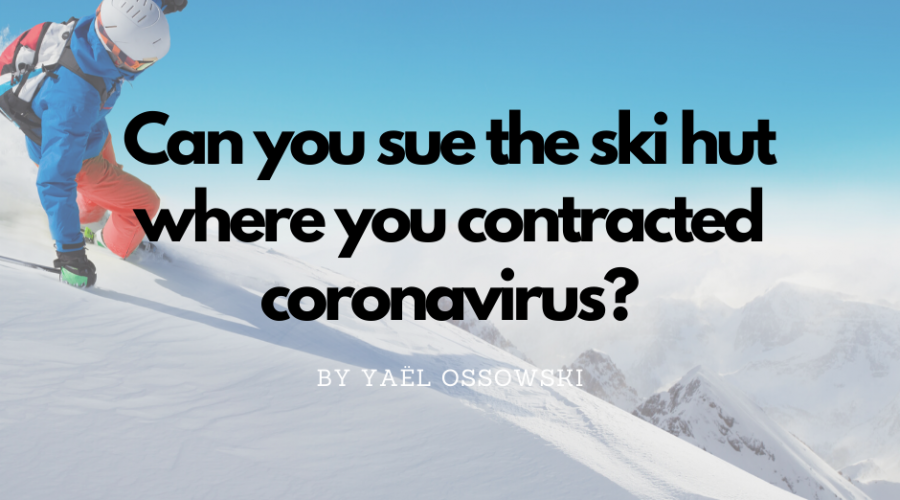FTC Chair Lina Khan’s social media crusade is now just an expensive, taxing grudge against consumers who want cool tech

WASHINGTON, D.C. – Extending its crusade against select social media firms, the Federal Trade Commission proposed several scathing amendments to a 2020-era privacy order with Meta on Wednesday, hoping to issue a blanket ban on “monetizing” youth data, a halt on all new innovations or product upgrades, and key criteria on privacy provisions.
The FTC has already attempted to halt several high-profile acquisitions by tech firms since Lina Khan’s ascension to FTC chair, including Microsoft’s purchase of video game company Activision, and Meta’s acquisition of the VR fitness app Within.
Yaël Ossowski, deputy director of the consumer advocacy group Consumer Choice Center, responds:
“These retaliatory actions prove the FTC is now subsumed by a hyperactive crusade against all mergers and acquisitions – and effectively consumer choice, especially when it comes to new technologies. This has a chilling effect on any and all new innovators and remains incredibly paternalistic to tech-native consumers who want robust competition.
“Business models come and go, and consumers should be the ones rewarding or punishing firms and services they want or don’t want to use, not the federal agencies temporarily in charge of competition policy,” added Ossowski.
The accusations by the competition agency that Meta has failed with respect to privacy also seem a bridge too far, especially considering the convoluted patchwork of state privacy laws and federal agency mandates that exist in lieu of a comprehensive federal law to safeguard consumer privacy.
“As consumer advocates, we regard privacy and data security as the most fundamental elements of a consumer’s online experience. But while there are true bad actors that exist and are actively committing offenses right now, the FTC is dead-set on pursuing an ideological agenda against a handful of American tech innovators, all the while excusing or remaining blind to the real privacy violations committed by foreign apps that have much larger reach and sway among young people.
“The FTC’s social media crusade is now just an expensive, taxing grudge against consumers who want cool tech. Consumers would prefer the agency punish bad actors and bad behavior rather than corner American tech companies into a labyrinth of compliance no one could ever reasonably pass.
“We as consumers deserve a vibrant online marketplace where the winners are chosen by us instead of whichever political faction happens to control a federal agency,” concluded Ossowski.
##
The Consumer Choice Center is an independent, non-partisan consumer advocacy group championing the benefits of freedom of choice, innovation, and abundance in everyday life.
We champion smart policies that are fit for growth, promote lifestyle choice, and embrace tech innovation for tens of thousands of our members and society-at-large, using research and educational outreach to policymakers and the broader public. Learn more at consumerchoicecenter.org.





